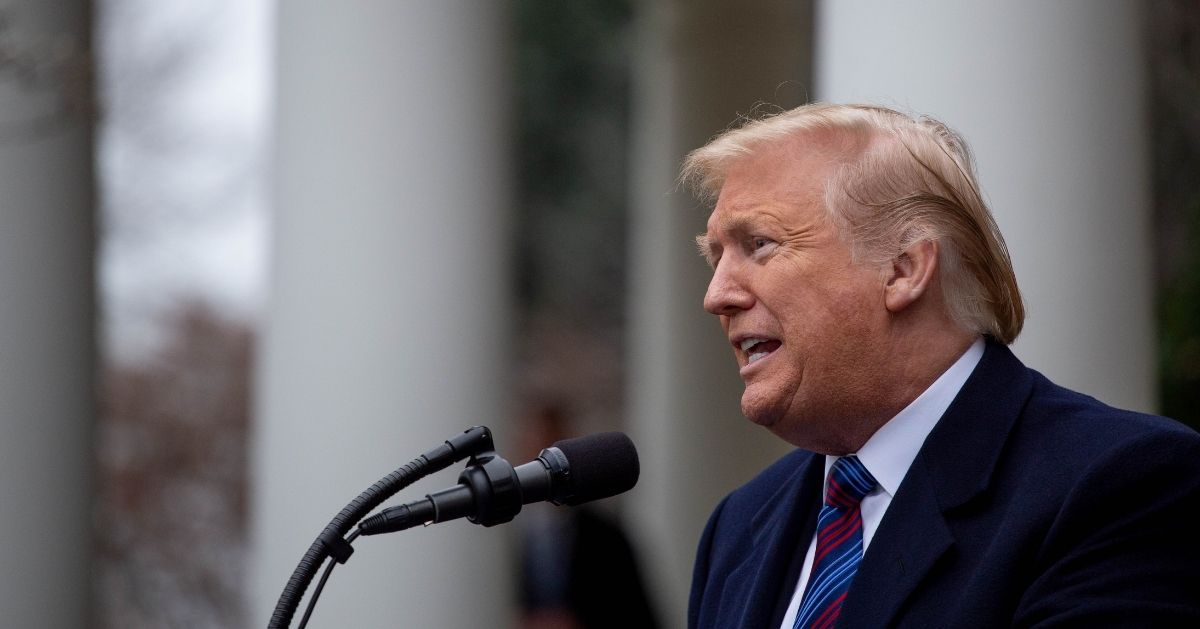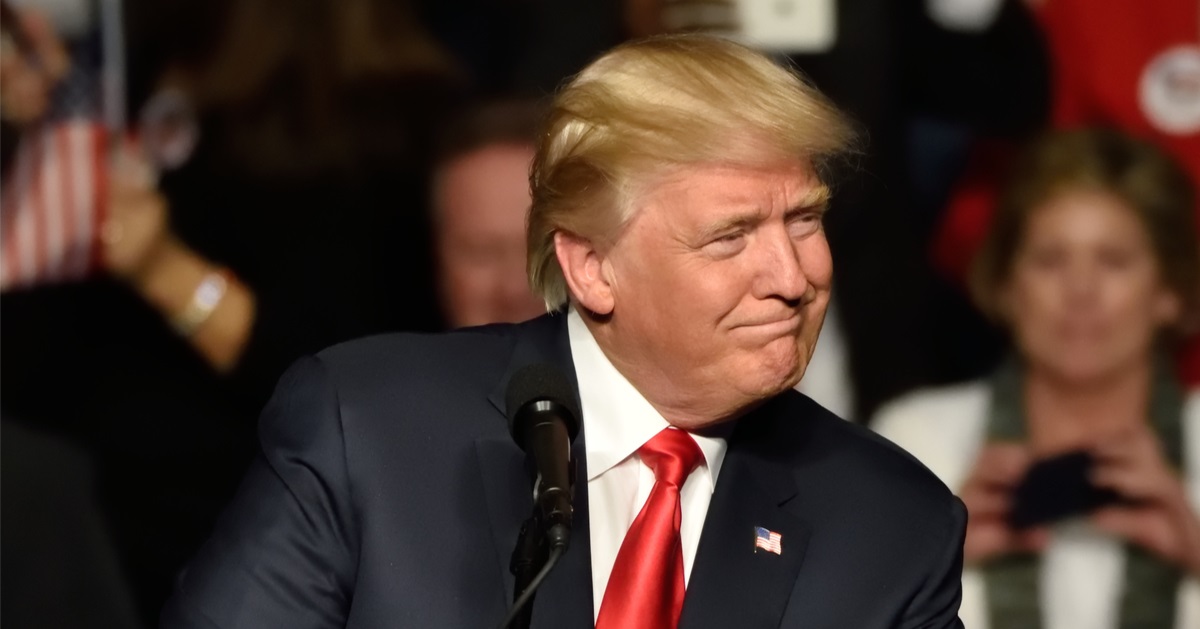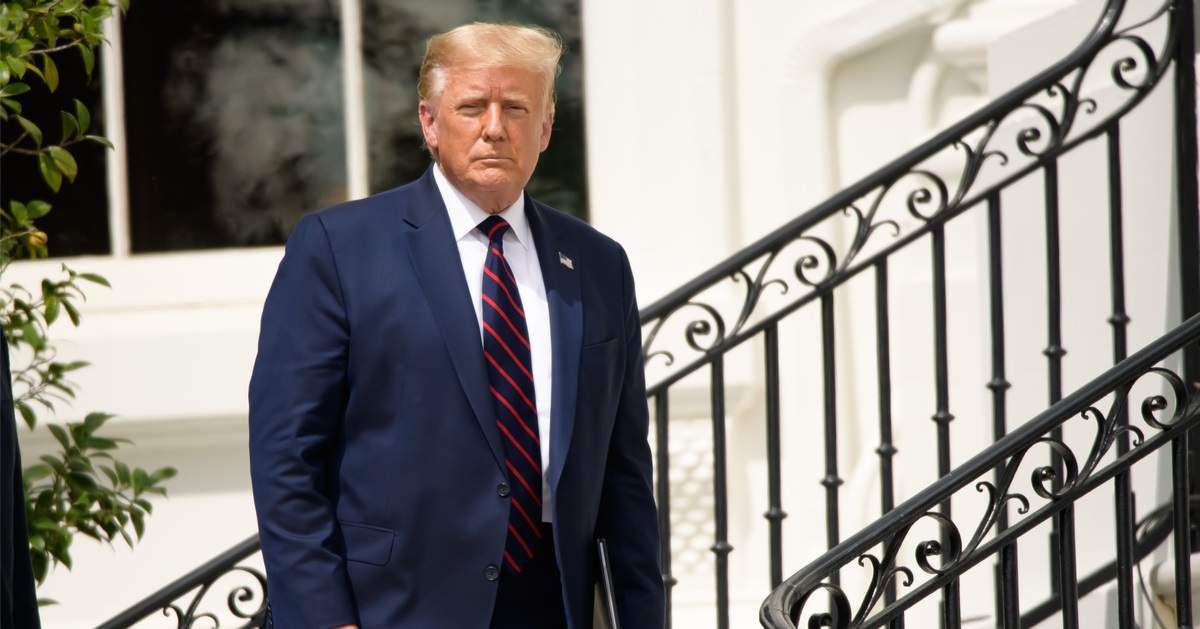Trump's vow of pardons for nonviolent Jan. 6 defendants results in delayed trial dates for some
Throughout the 2024 campaign, President-elect Donald Trump repeatedly vowed that, if elected, he would issue pardons for or commute the sentences of nonviolent Jan. 6 riot defendants, who he and others assert were targeted and mistreated by the politicized Biden-Harris Justice Department.
Though Trump won't have the authority to do so for another couple of months, the promise of imminent clemency has already had an impact on a handful of pending Jan. 6 cases, according to The Hill.
At least two federal judges overseeing Jan. 6 Capitol riot-related cases in Washington D.C. have postponed proceedings for the time being in anticipation of those proceedings likely no longer being necessary once Trump takes office in January.
Judge Nichols delays trial dates until after Trump takes office
Politico reported Thursday that U.S. District Judges Carl Nichols and Rudolph Contreras, respectively appointed by former Presidents Trump and Barack Obama, have agreed to requests from Jan. 6 defendants to delay certain deadlines in their cases in light of the possibility that they may soon receive executive clemency.
Nichols, who is overseeing the impending trials for three Jan. 6 defendants charged only with trespassing misdemeanors, declined to set dates for their trials after prosecutors were unable to confirm that the cases would continue once the Trump administration takes over.
The judge scheduled tentative dates in April for possible trials but refused to set any other pretrial deadlines and instead scheduled a status hearing for mid-February, at which time the prosecutors would presumably know whether those trials would even still be necessary.
"As soon as the prosecutor asked for a trial date, Judge Nichols confronted her on whether she could assure the court that this matter would be moving forward to trial once the new administration takes office," Marina Medvin, an attorney for one of the defendants, told the outlet. "Of course, the prosecutor could make no such assurances."
Judge Contreras noted the "real possibility" that defendants will receive clemency
Likewise, Jan. 6 defendant Will Pope, a Kansas State University Ph.D. student who is representing himself, was also granted a temporary reprieve from his scheduled trial in December for a misdemeanor charge by Judge Contreras, who tentatively set a new trial date for late February.
"Judge Contreras has granted my motion to continue my trial because he agreed a long trial was not a good use of judicial resources considering the likelihood of January 6 charges being dropped," Pope said in an X post. "No new date has been set yet, but we'll have a status hearing in 30 days."
"Unfortunately, the prosecutor's facial expressions won't make it into the court transcript," he added and noted in reply to a commenter on the post that "they were pissed" at what occurred.
Per Politico, Contreras acknowledged the "real possibility" of Pope's trial proving unnecessary if the defendant is pardoned by the next president, and told the objecting prosecutors that he was "not reconsidering" his decision as he was "focused on conservation of the resources of the parties, the court, and citizens."
Other judges not inclined to grant delays
Unfortunately, not all of the D.C. district judges feel the same way as Judges Nichols and Contreras, as other defendants in other courtrooms have had similar requests denied for delays pending the likelihood of clemency.
One example is Judge Paul Friedman, an Obama appointee, who on Thursday rejected requests from two defendants for a postponement of an impending sentencing hearing.
Friedman wrote in a one-page order, "Whatever the President-elect may or may not do with respect to some of those convicted for their conduct at the Capitol on Jan. 6, 2021, is irrelevant to the court’s independent obligations and legal responsibilities under Article III of the Constitution."





